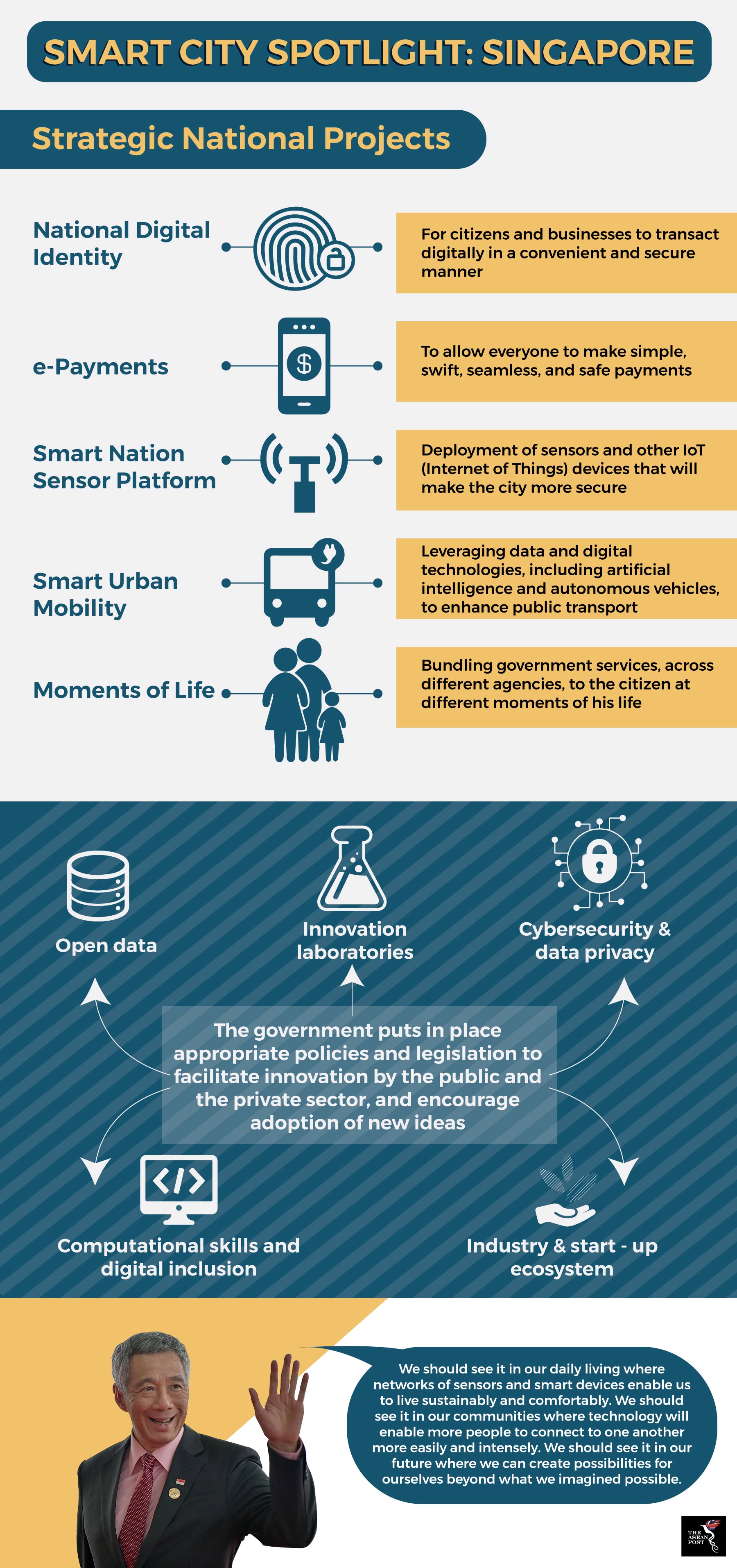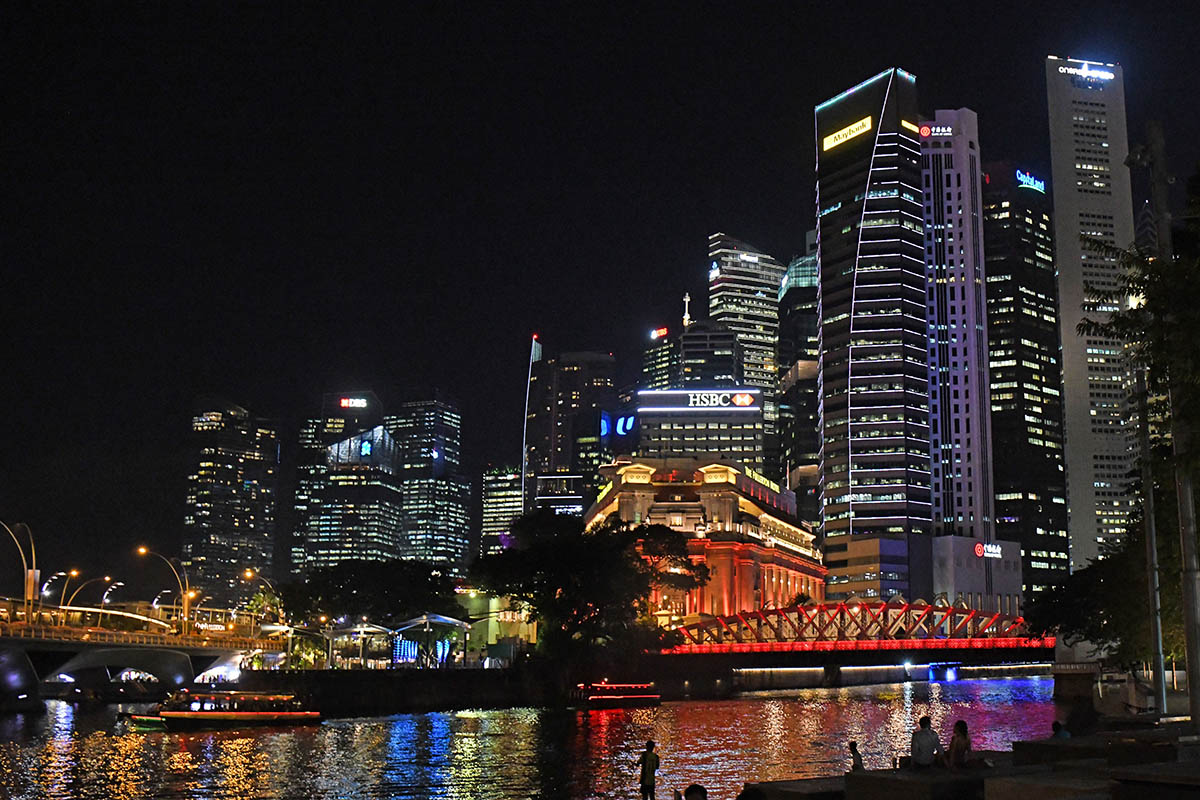Singapore may be small in size, but it has a lot to offer the region.
As part of its agenda for its chairmanship of the Association of Southeast Asian Nations (ASEAN), Singapore has envisioned the development of a smart city network spanning the region. The first cohort of 26 smart cities would be the starting point for region-wide collaboration towards the common goal of smart and sustainable urban development.
It should come as no surprise that Singapore has stepped up to lead this initiative. After all, the forward-thinking island nation has a proven track record for continued innovation and a ceaseless commitment to harnessing digital technologies.
People-centred smart city development
The key to Singapore’s success in its efforts to turn the republic into a smart city is its astute approach towards the vision. In 2014, Singaporean Prime Minister Lee Hsien Loong unveiled the Smart Nation initiative, which places the focus of Singapore’s smart city development on its people.
This is a gamechanger on the path of realising smart city ambitions. More often than not, policymakers make the error of enacting development agendas that focus almost exclusively on tangible development – the building of roads, buildings and public facilities, while overlooking the need to develop the skills of the citizenry who represent the future users and innovators of these technologies.
From a human capital development standpoint, the island republic has introduced the Skills Framework (SF) – a comprehensive guide on information and communication technology (ICT) skills and employment opportunities. It covers 119 job roles and about 80 existing and emerging skills within the ICT sector, as well as other domains such as retail, logistics, finance and healthcare.
The SF is a crucial centrepiece towards developing a workforce capable of handling the future challenges of a smart city. It will also boost employability and help individuals build their careers, as the framework also identifies training and education opportunities across various sectors.

Building a smart city
Thus far, Singapore has come a long way in its smart city development and is poised to continue being the most developed smart city within the Southeast Asian region.
The population is extremely well connected – 90 percent of Singaporean households have access to broadband-quality internet, with fibre connectivity fast catching up. Mobile penetration was reported at a whopping 150 percent in 2017, with about 85 percent of the population comprising smartphone owners.
Much of the government is already going digital. Tax filing and passport renewal and registration are just some of the most used e-government services. In terms of healthcare, patient records are integrated within a digital system which allows doctors to pull up information on a patient regardless of the hospital he or she visits.
The prevalence of smart devices has revolutionised the lives of Singaporeans. They are accustomed to controlling the lighting and electrical systems in their homes with a tap on a smartphone. Besides that, the government is also looking to democratise the nation’s electricity market, by way of introducing blockchain technology into the system.
Urban transportation has also vastly changed over the past few years. As Singapore faces increasing space constraints, it is exploring the use of energy-efficient electric busses to ferry people. It is also tapping into the potential of driverless cars, which have the potential to make travel less stressful and more comfortable.
The government has also taken the elderly demographic into account. The Smart Elderly Monitoring and Alert System is one such example which utilises a combination of sensors to monitor the routine of an elderly person living in a house. If something is amiss, it alerts family members or neighbours.
To further support such innovative developments, the government continues to back research into technological solutions conducted in several innovation labs in the country. On top of that, a business-friendly environment also attracts investors and founders alike to Singapore’s vibrant start-up ecosystem, thus bridging the gap between innovation and enterprise.
The momentum of Singapore’s transformation from metropolis to smart nation is unlikely to abate in the near future. As one of the world's leading smart cites, it serves as an excellent example from which other ASEAN cities within the smart city network can learn.
